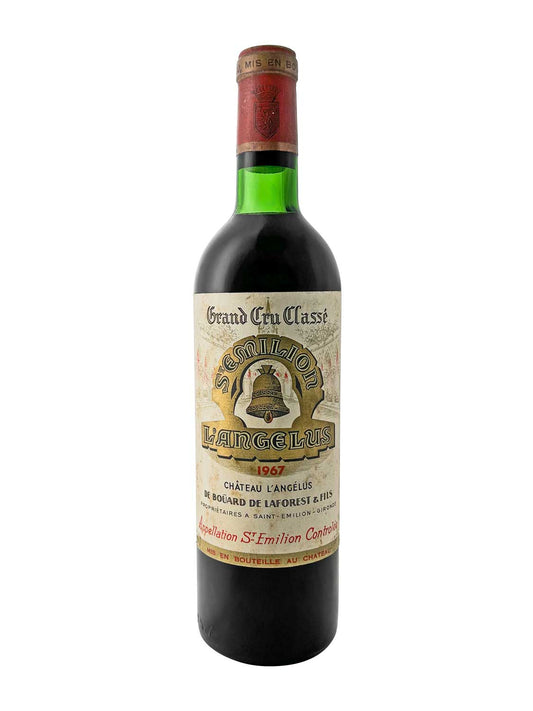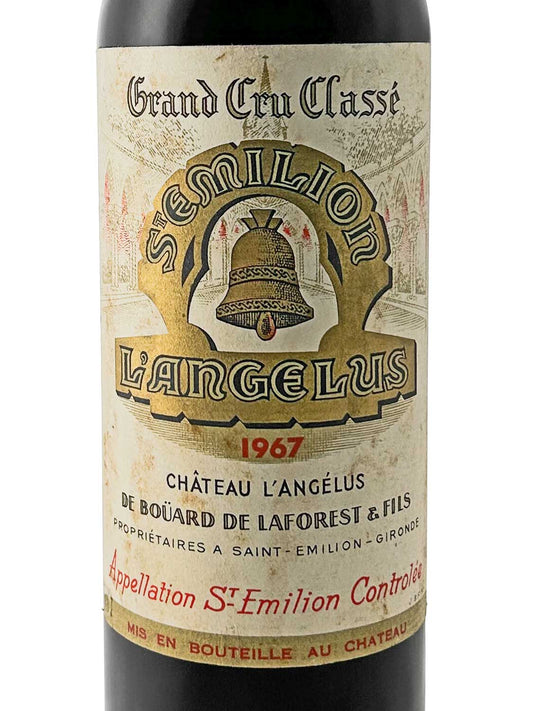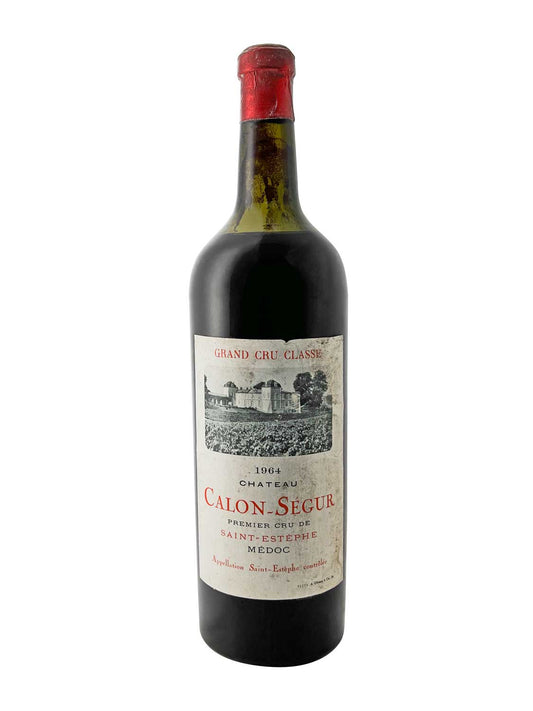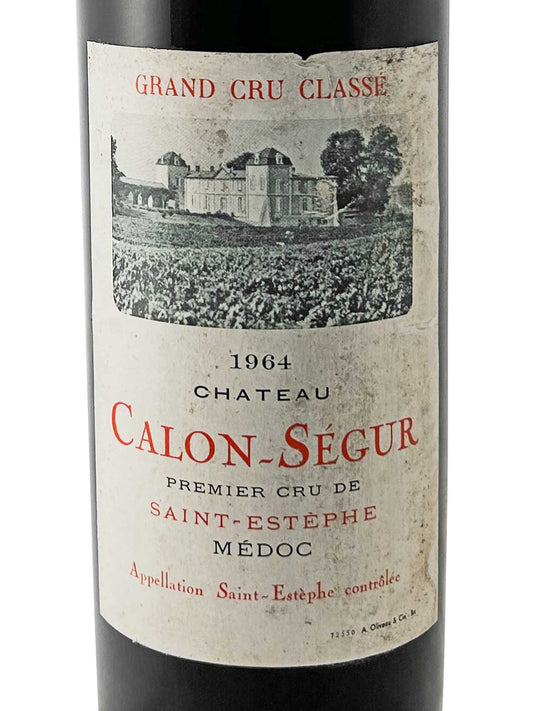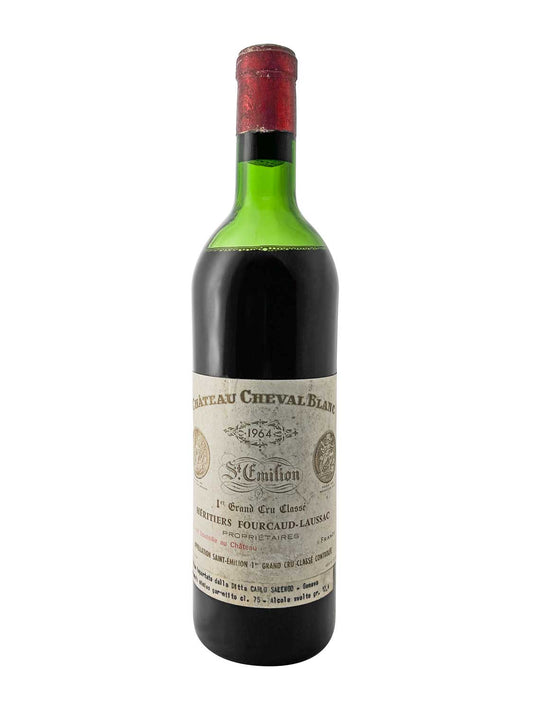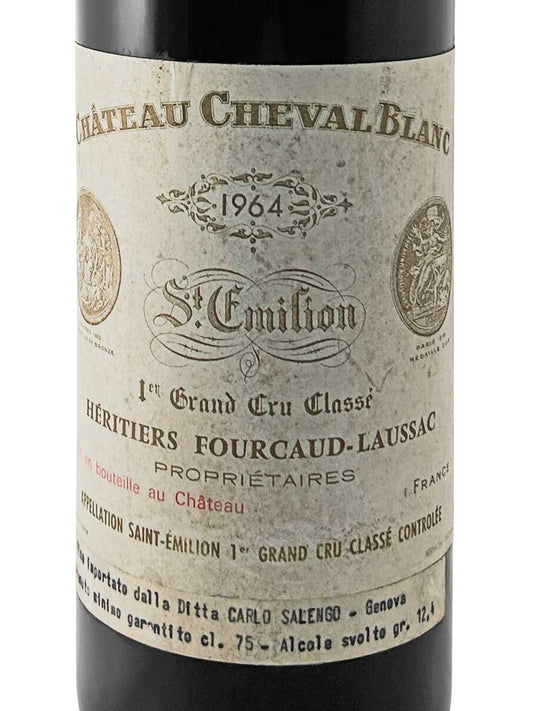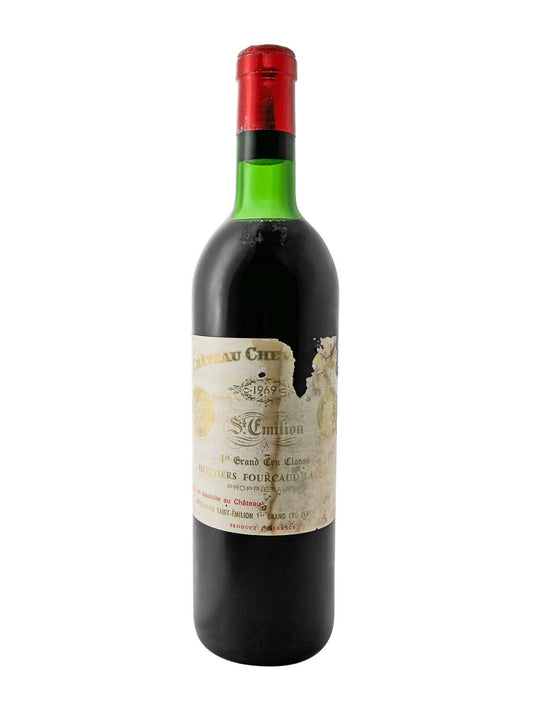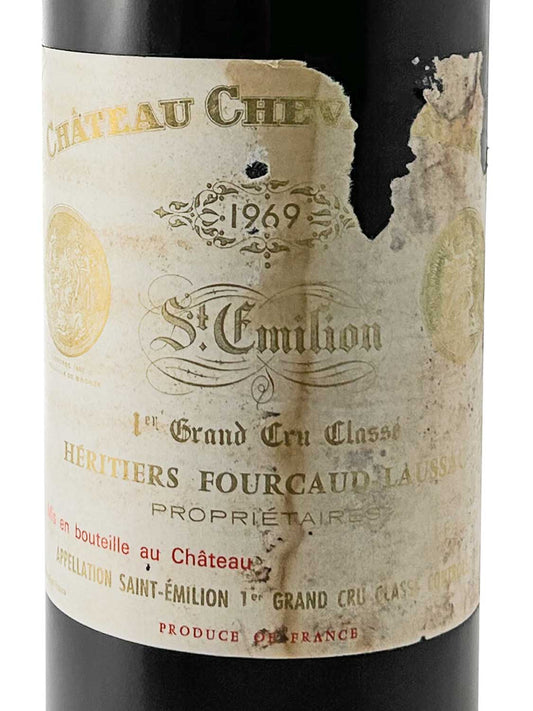
Psychology of wine collecting
Why we hoard wine
Wine is enjoyment, culture, and history in one bottle. But for many people, wine is no longer just about the moment of drinking. Collecting wine has become a passion that goes far beyond mere consumption. Some build impressive collections over the years, store bottles in perfectly climate-controlled cellars, and enthusiastically follow auctions of rare vintages.
But why do we actually do this? What inner motives lie behind this passion? In this article, we take a look at the psychology of wine collecting —and why we not only enjoy wine, but also hoard it.
Read more about the general instinct to collect on Psychology Today – The Psychology of Collecting.
Collecting as a basic human instinct
Collecting is deeply embedded in our nature. Even in the Stone Age, we were hunters and gatherers, always intent on hoarding food and valuable resources. This ancient instinct is still evident today in modern collecting passions—be it stamps, coins, or even wine.
The psychology of wine collecting can therefore be traced back in part to our evolutionary past: possession creates security. Those who have a well-stocked wine cellar experience a sense of stability and independence.
Status and Prestige: Wine as Cultural Capital

Wine is not just a beverage, but also a status symbol . Historically, good wine was reserved for the upper classes for a long time – kings, princes, and wealthy merchants shaped Europe's wine culture. To this day, owning great wines carries an air of prestige.
The psychology of wine collecting reveals a close connection between wine and social standing. Those who can boast a collection of famous châteaux demonstrate not only taste, but also education and economic success. Learn more about terroir and origin in our article "Terroir – the Soul of Bordeaux ."
Emotions in a bottle: preserving memories
Wine is an emotional product . Every bottle tells a story—be it the place where it was purchased, the vintage that commemorates a special event, or the experience of tasting it with friends.
Many collectors therefore hoard wine not just for its material value, but because it preserves memories . A bottle from the year your child was born or from an unforgettable vacation in Bordeaux is far more than just wine—it's a piece of personal life history. Learn more in our article on the aging potential of wine or in Wine Spectator – Is it true that all wine improves with age ?
Control and order: The appeal of structure

Collecting also means bringing order to a complex world. Wine collectors meticulously document origins, vintages, grape varieties, and ratings. Many keep detailed cellar ledgers or use digital apps to maintain an overview at all times.
The psychology of wine collecting points to a need for control. In a fast-paced world, a structured collection creates a sense of permanence. Every shelf space is carefully considered, every bottle part of a greater whole.
Investment and value creation: Wine as a capital investment
In addition to passion and emotion, rational considerations also play a role: wine can be a stable investment . Rare Bordeaux or Burgundy wines regularly fetch top prices at auctions.
The psychology of wine collecting reveals a blend of collecting instinct and investment thinking. The appeal lies not only in preserving a cultural asset but also in making smart decisions that can pay off financially. For more background information, see our article "Wine as an Investment" or Wine-Searcher – An Expert's Guide to Wine Investment .
Community and exchange: collectors among themselves

Collecting is rarely a purely individual activity. Wine collectors exchange ideas – at trade fairs, auctions, in clubs, or online forums. Passion connects, creates topics of conversation, and leads to new contacts.
An important factor in the psychology of wine collecting is therefore the need for a sense of belonging. Those who exchange ideas with other enthusiasts not only expand their knowledge but also affirm their own passion.
The dark side: When collecting becomes an obsession
As fascinating as collecting wine is, it can also take on problematic aspects. Some collectors hoard bottles they never open for fear of missing the "right moment." Others invest more money than is good for their circumstances.
The psychology of wine collecting reminds us that every passion needs balance. Wine is meant to be enjoyed. Those who hoard without savoring risk losing sight of its original purpose. For a lighter perspective on the topic, see our article "Why are wine bottles green?" or Decanter's " What is vegan wine ?"
Frequently asked questions about the psychology of wine collecting
1. Why do people collect wine bottles?
Many people collect wine because each bottle tells a story – be it a special vintage, a vacation experience, or a keepsake.
2. Is wine collecting just an investment or also a passion?

Wine collecting is both: for some, it's a passion, for others, an investment. High-quality bottles can increase in value, but the fascination often lies in the emotional aspect.
3. What are the psychological reasons for wine collecting?
The psychology of wine collecting demonstrates that collecting satisfies needs for security, structure, status, and belonging. Wine functions as a symbol of prestige and memory.
4. Is collecting wine worthwhile as an investment?
Yes, rare Bordeaux or Burgundy wines can fetch substantial returns. However, collectors should not only consider the financial aspect, but also consider the enjoyment of the wine. Related: Quality levels in wine .
Conclusion: More than a drink – a mirror of our soul
The psychology of wine collecting reveals that wine is far more than a fine wine. It is a symbol of security, status, memory, structure, and community. At the same time, it can also serve as an investment—or become an obsession.
Ultimately, however, it becomes clear: We hoard wine because it touches us on many levels—culturally, emotionally, and rationally. And perhaps that's precisely the magic of wine: that it not only delights the palate, but also speaks to our soul.

